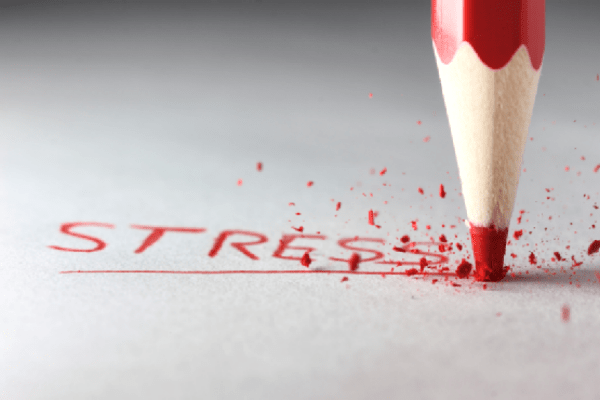 |
|
The only nice thing about being imperfect is the joy it brings to others.
-Doug Larson |
 |
From "The Healing Power of Prayer," by Chester Tolson, Ph.D. and Harold G. Koenig, M.D.:
Hal was a perfectionist. Outwardly he appeared to be at the peak of success. Hal was a sales professional and worked day and night to be the salesman of the month, every month, in his organization. He became depressed if he didn't get that honor each month. Hal was puntual for all his sales meeting and appointments. He was irritated if other people were not right on time.
At home Hal was a tyrant. Everything had to be perfect. His lawn was without weeds and always the best in the neighborhood. The furniture looked as though it had never been used. Hilda, his wife, was an excellent cook. Hal loved to eat and demanded big dinners served at certain times each day. The plates and silverware had to be placed just right. Hal ravished his food. When dinner was over, Hal lit a cigarette (he was a chain smoker) and headed for the den. This was his hobby room, but it was really a trophy room, containing a collection of guns, knives, armor, and gadgets of all shapes, sizes, and descriptions. His collection was overwhelming. Everything was in its place, and nothing could be touched or moved. This was Hal's stuff, his own private museum.
Hal and Hilda attended church where Hal sang in the choir. He was a fair singer but wanted to be the best. Yet if the choir needed to work on a portion of the anthem because one part or singer had not sung it right, Hal became furious and commented on his busy schedule. In time, the choirmaster talked to Hal about his inappropriate outbursts, so Hal quit the choir. Eventually Hal was all tied up within himself. From this self-pressure came great stress.
At forty-three, Hal began having chest pains and breathing problems. He was overweight and exercised very little. He worked constantly, even when he was trying to relax. The doctor told Hal he had symptoms of a heart problem. Hal refused to listen; he was in denial. Three months later when Hal was lifting a heavy piece of war apparatus, he had a severe coronary occlusion. The paramedics arrived in minutes after Hilda's frantic call. Hal died en route to the hospital. His doctor said that stress killed him. Sadly, Hal didn't clean up his stress act in time.
A variety of stress management techniques might have prolonged Hal's life, such as:

